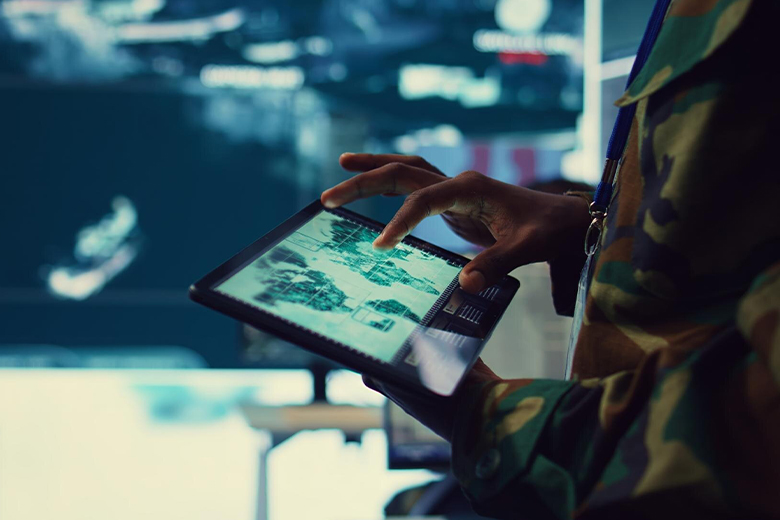- New York, NY
- carl@thoraven.com
Tactical Field Testing & Evaluation
- Home
- Tactical Field Testing & Evaluation

Field conditions rarely match the lab. A product that works in a controlled environment may fail catastrophically when exposed to real-world stressors. Tactical field testing in New York City, NY, allows technologies to be tested under the same conditions operators face during missions—urban density, electromagnetic interference, unpredictable weather, and restricted logistics.
Tactical equipment testing in New York City, NY, exposes weaknesses invisible in a lab. Equipment that overheats, drains batteries, or disrupts communication networks can compromise mission readiness. ThoRaven’s approach delivers pressure-tested validation built by those who’ve led missions under fire and understand operational demands firsthand.
ThoRaven’s tactical evaluation services in New York City, NY, identify design vulnerabilities, integration gaps, and functional limitations long before deployment. Each engagement helps ensure no system fails when it’s needed most. This rigorous evaluation reduces risk, accelerates DoD acceptance, and aligns every solution with true operator requirements.
Our tactical field testing & evaluation in New York City, NY, applies to:
We conduct realistic, scenario-based evaluations to mirror mission complexity. By integrating operator feedback and environmental data, ThoRaven delivers insights that inform design refinements, procurement, and strategic decision-making.
You receive:
This process converts design assumptions into verified results. Tactical field testing & evaluation in New York City, NY, ensures that every product meets the standards required for combat deployment. If it hasn’t been tested in the dirt—or the streets and urban terrain of New York City—it hasn’t been tested at all.
Plan
Define mission-specific objectives, environmental factors, and evaluation criteria. Operator input and engineering alignment create the foundation for testing authenticity.
Execute
Conduct trials in representative environments—terrain, climate, and scenarios that reflect the actual deployment context. During tactical field testing in New York City, NY, we gather operational data and continuous feedback from field participants.
Analyze
Record performance gaps, system failures, and ergonomic challenges. Our team uses structured metrics, imagery, and analytics to pinpoint vulnerabilities and validate resilience.
Deliver
Provide a full report outlining go/no-go recommendations, improvement priorities, and acquisition-readiness insights—empowering leadership to make data-driven decisions.
Field testing doesn’t end when the mission simulation concludes. ThoRaven integrates a structured after-action intelligence process that transforms raw field data into actionable insights for engineers, program managers, and decision-makers.
During tactical field testing & evaluation in New York City, NY, sensors, telemetry tools, and operator debriefs are used to capture performance metrics in real time. This includes environmental readings, power consumption trends, signal reliability, and operator behavioral data under pressure.
All collected data undergoes quantitative and qualitative analysis to identify root causes of failure or degradation. ThoRaven then produces an intelligence summary that links technical findings with mission implications—ensuring every recommendation is not just mechanical, but operationally relevant.
This data-driven feedback loop gives clients an enduring knowledge base, allowing them to optimize product design, logistics, and readiness planning for future deployments.
Our assessments are conducted by operator-intellects—individuals who merge combat-tested experience with technical acumen. Their input ensures evaluations mirror the unpredictable nature of modern battlefields.
We apply extreme stress conditions—thermal variation, signal interference, physical strain—to expose weaknesses hidden in laboratory settings. This enables tactical field testing in New York City, NY, to surface vulnerabilities that traditional validation misses.
Every assessment is linked to defined operational objectives, ensuring leadership receives decision-grade intelligence rather than theoretical data. The result: technologies that perform when and where they are needed most.